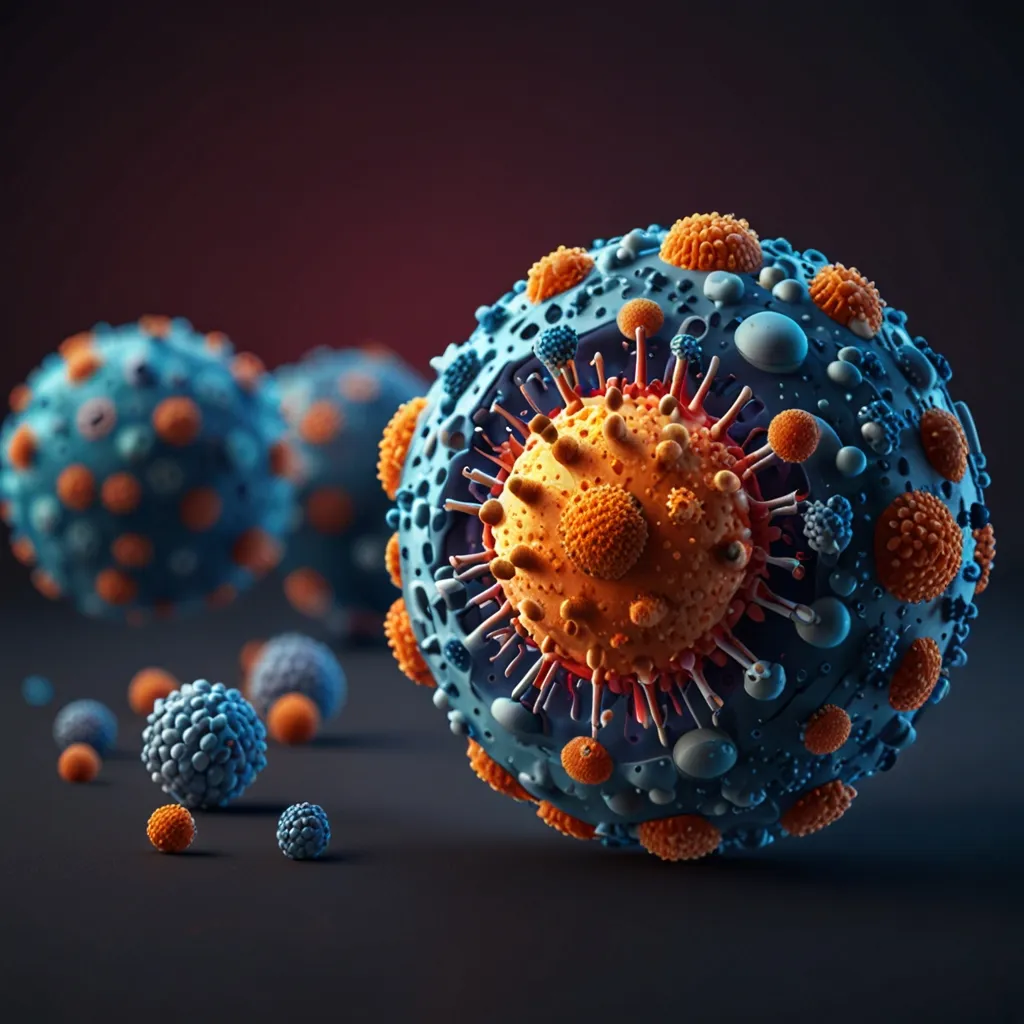Living with celiac disease can feel like navigating a maze of confusing symptoms and dietary restrictions, but understanding this condition and its effects can truly make a world of difference. Let’s break it down and explore celiac disease in a more casual, relatable way.
Living with celiac disease is a bit like trying to figure out a never-ending puzzle. Symptoms vary widely, making it a tough condition to diagnose. You might complain about digestive issues, while someone else with celiac might experience entirely different symptoms, or even none at all. It’s no wonder it can be so tricky to pinpoint.
When it comes to the symptoms of celiac disease, the digestive system often takes the hardest hit. Imagine your stomach being in constant turmoil - that’s what chronic diarrhea, bloating, and gas feel like. You might notice your stools looking pale, smelling unusually bad, or being extra fatty. Nausea and vomiting are not out of the question either, especially for kids.
But here’s the kicker: celiac disease doesn’t just mess with your gut. It affects other parts of your body, too. Fatigue is a big one. Feeling constantly tired can make even the simplest tasks feel impossible. Joint pain and muscle cramps can also make daily activities more of a struggle. And let’s not forget the mental aspect - depression and anxiety can creep in, adding another layer of difficulty.
One surprise that many people don’t expect is the skin rash. Dermatitis herpetiformis is a blistering, itchy rash that can show up on your elbows, knees, buttocks, back, or scalp. It’s a clear sign something’s not right, even if you don’t have any other symptoms. And let’s be real, it’s incredibly uncomfortable and annoying.
The nervous system isn’t safe from celiac either. Some folks end up dealing with headaches, migraines, or even seizures. Peripheral neuropathy is another potential issue, causing tingling, numbness, or pain in the hands and feet. These neurological symptoms can be pretty scary and need careful attention.
Reproductive health can also take a hit from celiac disease. Women might experience missed periods, delayed puberty, or infertility. Men aren’t off the hook either, as they can face infertility issues too, thanks to nutrient malabsorption. It highlights how crucial early diagnosis and treatment are for avoiding long-term problems.
Speaking of nutrients, malabsorption is a significant concern with celiac. Iron-deficiency anemia and vitamin D deficiency are common, leading to other health issues like osteoporosis, osteomalacia, and lactose intolerance. Maintaining good nutrition becomes vital in managing the disease.
Celiac disease is often set off by consuming gluten, found in wheat, barley, and rye. But not everyone eating gluten will develop celiac, thanks to some genetic nuances. Specific gene variants, like DQ2 and DQ8, can increase your risk, though having these genes doesn’t mean you’re definitely getting celiac – it just raises the possibility.
Diagnosing celiac disease involves a mix of blood tests and intestinal biopsies. Blood tests detect gluten antibodies, while biopsies check for damage in the small intestine. It’s crucial to get checked before starting a gluten-free diet because starting the diet first can throw off test results.
Now, the primary treatment for celiac is pretty straightforward: a strict gluten-free diet. It’s easy to think it means just avoiding bread and pasta, but it’s so much more nuanced than that. Hidden sources of gluten in processed foods mean you have to be a bit of a detective, reading labels meticulously and avoiding cross-contamination. It takes effort and attention to maintain such a diet.
Living with celiac disease means more than just changing what you eat. It involves a total lifestyle adjustment, embracing a new normal. Support groups and online communities can be lifesavers, offering advice and solidarity. With the right attitude and tools, people with celiac disease can lead vibrant, healthy lives.
If left untreated, celiac disease can lead to some serious complications. Malnutrition can cause anemia and weight loss and even affect the nervous system. For children, the stakes are higher with potential stunted growth and delayed puberty. Osteoporosis and osteomalacia can also result, weakening bones and increasing fracture risk. There’s also an elevated risk of certain cancers and other autoimmune diseases if celiac disease isn’t managed properly.
Understanding the complexity of celiac disease, recognizing its symptoms, and getting an early diagnosis can make a huge difference. Once diagnosed, adopting a strict gluten-free diet is paramount. While it requires patience and a significant lifestyle change, the rewards of managing celiac disease are undoubtedly worth the effort. With the proper knowledge and support, living with celiac disease means living a full, healthy life.






